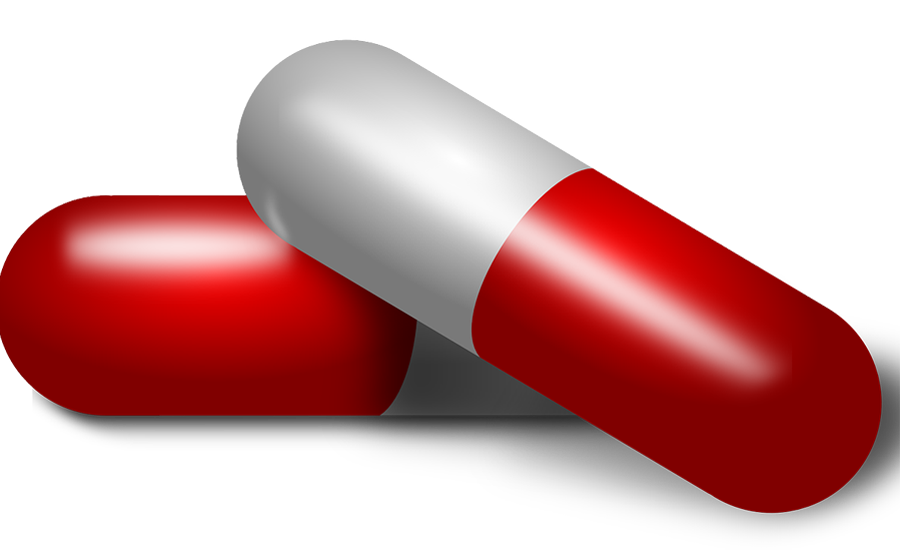Heart-healthy lifestyle modifications are always recommended whether blood pressure or cholesterol medications are prescribed or not. However, a new study found that many patients let these healthy habits slip after starting the prescription medications, according to new research published today in the Journal of the American Heart Association, the open access journal of the American Heart Association.
Finnish researchers found patients at risk for heart disease and stroke who took cholesterol or blood pressure lowering medications were more likely to reduce their activity levels and gain weight.
It's not a free pass
“Medication shouldn’t be viewed as a free-pass to continue or start an unhealthy lifestyle. Our research sought to determine if people who started medications were making the lifestyle changes necessary to see health benefits,” said Maarit J. Korhonen, Ph.D., lead author of the study and senior researcher at the University of Turku in Finland.
Researchers studied more than 40,000 public-sector workers (average age 52, more than 80% female) in Finland who had not been previously diagnosed with heart disease or stroke. Participants were given two or more surveys in 4-year intervals from 2000−2013. The surveys included a baseline and follow up questionnaire to assess BMI, physical activity, alcohol consumption and smoking history. Pharmacy data of participants was also obtained to determine if they began taking the prescribed high blood pressure or statin medications.
Key findings:
Participants’ medication use was categorized by those who began the preventive medications between the baseline and 4-year follow-up surveys, and those who did not start medications. The researchers found that compared to those who did not start medications, those who did:
- Were more likely to reduce their physical activity and were 8% more likely to become physically inactive;
- Were 82% more likely to become obese or have an increase in body mass index;
- Were 26% more likely to quit smoking; and
- Reduced their alcohol consumption.
While people often gain weight when they stop smoking, this did not explain the BMI increase found in the study. Participants who took their medications and stopped smoking gained more weight than those who didn’t take medications and stopped smoking.
“People starting on medications should be encouraged to continue or start managing their weight, be physically active, manage alcohol consumption and quit smoking,” Korhonen said.
The analysis was limited by the lack of additional details about the respondents’ diets, blood pressure measurements and cholesterol levels. This study was in Finland, where a large public health effort aimed at preventing and managing diabetes was initiated during the study period and may not be generalizable to people in countries without comparable programs and resources. In addition, participants in this study were white and predominantly female public-sector workers, therefore, the results may not be generalizable to more diverse populations.
Co-authors are Jaana Pentti, B.Sc.; Juha Hartikainen, M.D., Ph.D.; Jenni Ilomäki, Ph.D.; Soko Setoguchi, M.D., Dr. P.H.; Danny Liew, Ph.D.; Mika Kivimäki, F.Med.Sci.; and Jussi Vahtera, M.D., Ph.D.
The study was supported by the Academy of Finland.
Additional resources:






